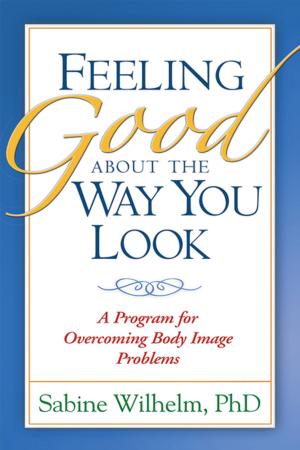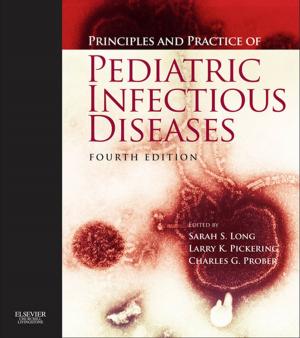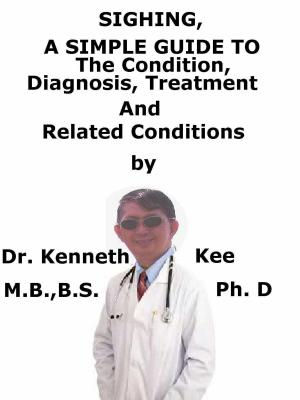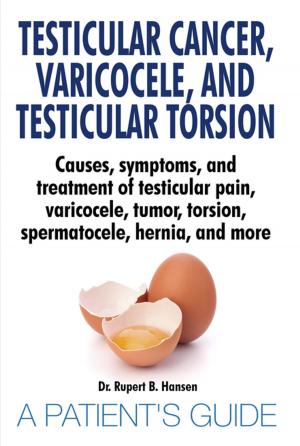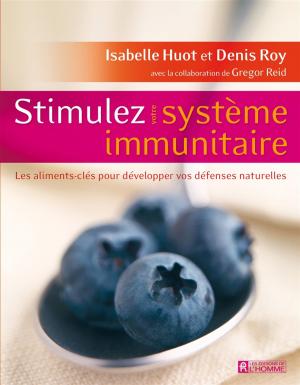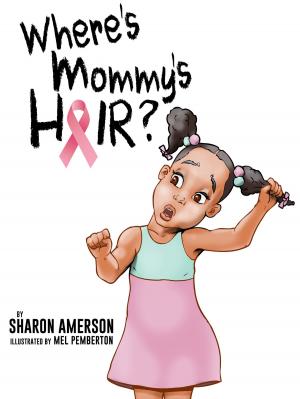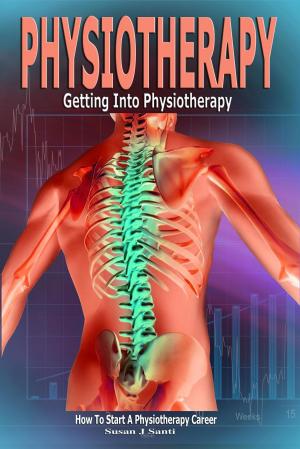| Author: | P.A. Arnold | ISBN: | 9781938628122 |
| Publisher: | Moonlight Mesa Associates | Publication: | August 3, 2012 |
| Imprint: | Smashwords Edition | Language: | English |
| Author: | P.A. Arnold |
| ISBN: | 9781938628122 |
| Publisher: | Moonlight Mesa Associates |
| Publication: | August 3, 2012 |
| Imprint: | Smashwords Edition |
| Language: | English |
Getting a Handle on Herpes, by P.A. Arnold is a publication that is nothing short of astounding, interesting, and educational. Anyone who has contracted Herpes Simplex I or II will find the information in this book enlightening and extremely helpful.
Arnold discusses viruses early in the book, and then gets into the meat of her information. According to the author, the herpes virus is one that the author believes can be combated and controlled in several ways, those being the right diet (meaning food choices), supplements to build the immune system and combat the virus, and psychological toughness.
Arnold shines in her knowledge of nutrition, and readers who aren’t terribly savvy about the impact of food other than eating and enjoying every bite, will find this section extremely informative and helpful.
What gives an incredible amount of credence to what Arnold says is that she quotes from highly reliable resources and references others. The author doesn’t state that food affects herpes as a fact, but by the time one reads about alkaline versus acidic foods, the debate over lysine versus arginine in foods, and the effects of wheat consumption on a person’s health, a reader will have a lot to think about. As Arnold asks, if a person who has herpes found out that not by not eating bagels, drinking beer, or splurging on chocolate they could stop their outbreaks, wouldn’t they be happy to give those things up?
Arnold quotes Hippocrates, the Father of Medicine who advised: Let thy food be thy medicine, and thy medicine by thy food. She obviously wholeheartedly agrees with Hippocrates’ sage advice. The reader will also, by the time they finish with this section.
Arnold also discusses supplements as a way of controlling herpes outbreaks, especially vitamin C, and she also includes a brief discussion of essential nutrients, those nutrients that are not made by the body but must come from one’s diet. That Arnold favors vitamin C as an antidote for herpes is obvious when she references work by Linus Pauling, and Thomas Levy, now considered by many in this country to be the guru of vitamin C. She herself admits to taking eight grams of vitamin C a day, four in the morning and four before bed. She says she has been herpes free since she began this regimen. Coincidence? The panacea affect? Arnold admits anything is possible and concedes that she could have another outbreak at some time, but she firmly believes that vitamin C has made a dramatic impact on suppressing the virus.
One of the most interesting topics Arnold discusses is that the idea that herpes outbreaks are as much psychological as physical. Readers will wish her discussion of the psychological aspects of herpes was longer because it is so fascinating. She says, “…what I ultimately discovered was that my worst enemy was not the virus, it was myself.”
Getting a Handle on Herpes is loaded with information, facts, and stories. Readers will find this short book to be not only helpful, but very uplifting. It seems certain that people with herpes who read this book will walk away feeling much better about themselves, more in control, and absolutely empowered to take command of the virus.
It is unfortunate the book will not appear in print at this time. This is a book one will want to underline, highlight, and follow up on some of the references and resources. Very highly recommended.
Getting a Handle on Herpes, by P.A. Arnold is a publication that is nothing short of astounding, interesting, and educational. Anyone who has contracted Herpes Simplex I or II will find the information in this book enlightening and extremely helpful.
Arnold discusses viruses early in the book, and then gets into the meat of her information. According to the author, the herpes virus is one that the author believes can be combated and controlled in several ways, those being the right diet (meaning food choices), supplements to build the immune system and combat the virus, and psychological toughness.
Arnold shines in her knowledge of nutrition, and readers who aren’t terribly savvy about the impact of food other than eating and enjoying every bite, will find this section extremely informative and helpful.
What gives an incredible amount of credence to what Arnold says is that she quotes from highly reliable resources and references others. The author doesn’t state that food affects herpes as a fact, but by the time one reads about alkaline versus acidic foods, the debate over lysine versus arginine in foods, and the effects of wheat consumption on a person’s health, a reader will have a lot to think about. As Arnold asks, if a person who has herpes found out that not by not eating bagels, drinking beer, or splurging on chocolate they could stop their outbreaks, wouldn’t they be happy to give those things up?
Arnold quotes Hippocrates, the Father of Medicine who advised: Let thy food be thy medicine, and thy medicine by thy food. She obviously wholeheartedly agrees with Hippocrates’ sage advice. The reader will also, by the time they finish with this section.
Arnold also discusses supplements as a way of controlling herpes outbreaks, especially vitamin C, and she also includes a brief discussion of essential nutrients, those nutrients that are not made by the body but must come from one’s diet. That Arnold favors vitamin C as an antidote for herpes is obvious when she references work by Linus Pauling, and Thomas Levy, now considered by many in this country to be the guru of vitamin C. She herself admits to taking eight grams of vitamin C a day, four in the morning and four before bed. She says she has been herpes free since she began this regimen. Coincidence? The panacea affect? Arnold admits anything is possible and concedes that she could have another outbreak at some time, but she firmly believes that vitamin C has made a dramatic impact on suppressing the virus.
One of the most interesting topics Arnold discusses is that the idea that herpes outbreaks are as much psychological as physical. Readers will wish her discussion of the psychological aspects of herpes was longer because it is so fascinating. She says, “…what I ultimately discovered was that my worst enemy was not the virus, it was myself.”
Getting a Handle on Herpes is loaded with information, facts, and stories. Readers will find this short book to be not only helpful, but very uplifting. It seems certain that people with herpes who read this book will walk away feeling much better about themselves, more in control, and absolutely empowered to take command of the virus.
It is unfortunate the book will not appear in print at this time. This is a book one will want to underline, highlight, and follow up on some of the references and resources. Very highly recommended.



